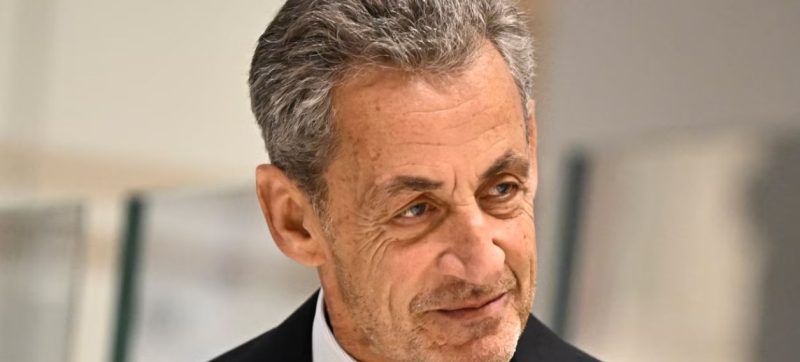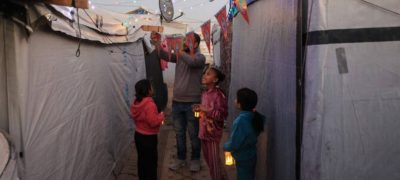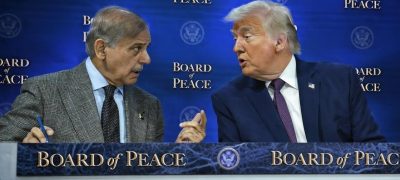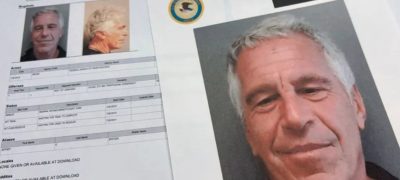Former French president Nicolas Sarkozy has been found guilty of conspiracy in his high-profile Libya trial. The Paris court ruled that while Sarkozy was not guilty of receiving illegal campaign financing, he was guilty of engaging in criminal conspiracy tied to his 2007 presidential campaign.
The case centered on accusations that Sarkozy accepted millions from former Libyan leader Muammar Gaddafi to fund his election. Prosecutors argued that the funds were secured through a secret deal in 2005, when Sarkozy served as France’s interior minister. In exchange, Sarkozy allegedly promised political support to Gaddafi’s isolated government.
Although Sarkozy was cleared of charges related to passive corruption and direct campaign financing, the conspiracy conviction marks a serious blow to his legal standing. The court is expected to release its detailed findings and sentencing soon.
Sarkozy, who has consistently denied wrongdoing, described the charges as politically motivated. His legal team argued that there was no credible evidence linking him directly to Libyan funds. Despite his defense, the court concluded that elements of conspiracy were proven beyond reasonable doubt.
The Libya trial has been closely watched in France and abroad, as it ties together international politics, money, and corruption at the highest levels of government. Sarkozy’s presidency from 2007 to 2012 was marked by major reforms, but his later years have been overshadowed by legal battles.
Analysts say the verdict could further damage Sarkozy’s hopes of playing any future political role in France. While he remains influential within the conservative party, ongoing legal troubles have limited his ability to return to frontline politics.
This case also sheds light on Libya’s former leader, Muammar Gaddafi, who was killed in 2011 after a NATO-backed uprising. Several European figures have faced allegations of benefiting from his regime’s financial networks. The Sarkozy trial is one of the most prominent examples of how Gaddafi’s influence extended beyond Libya’s borders.
Globally, high-profile trials and political scandals continue to draw attention. Recently, South China’s recovery after Typhoon Ragasa showed how nations face not only political crises but also natural disasters that demand accountability and preparedness. Both situations highlight the importance of leadership under pressure.
As France awaits the sentencing, Sarkozy’s conviction underscores how even former heads of state remain accountable to the law. The verdict will likely fuel further debate about political integrity, campaign financing, and the enduring legacy of the Sarkozy era.







